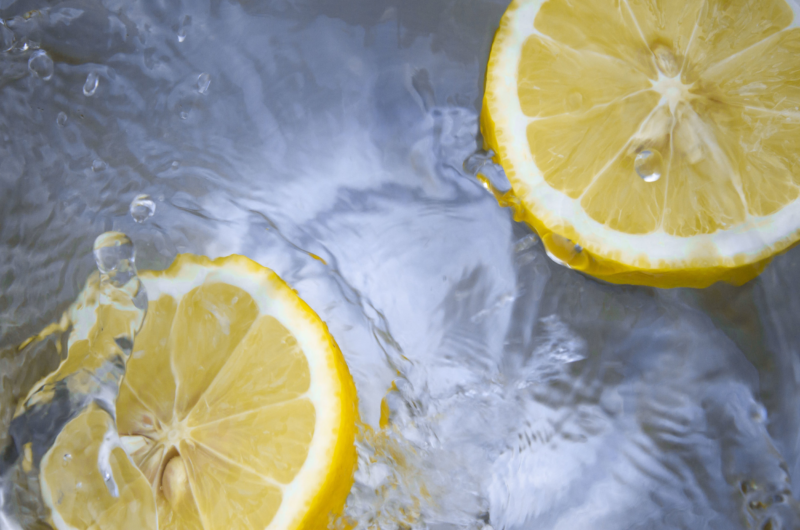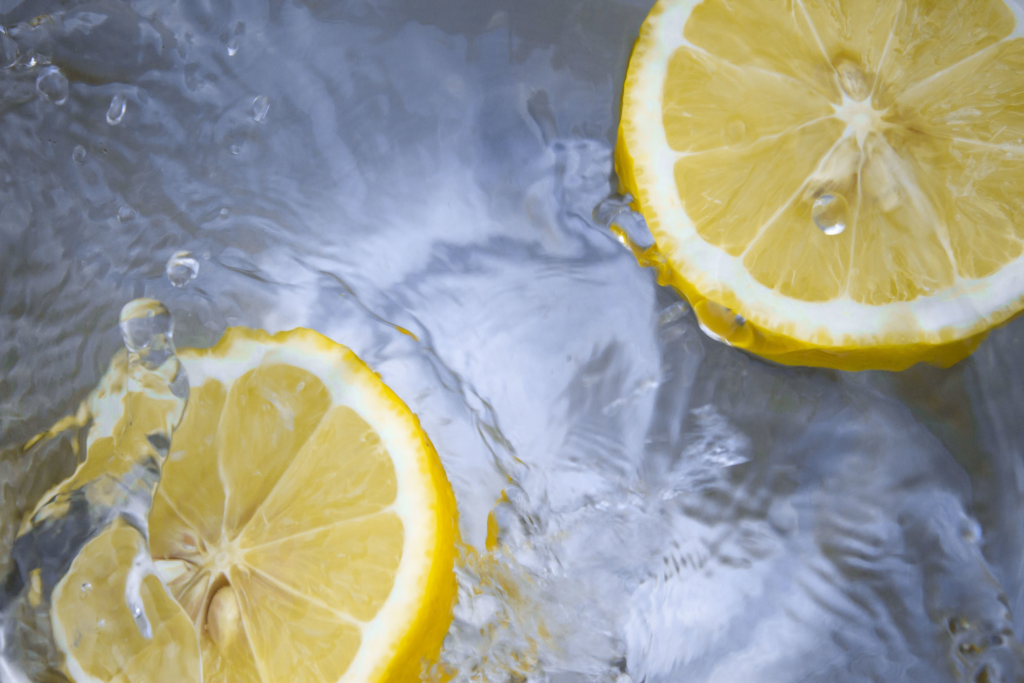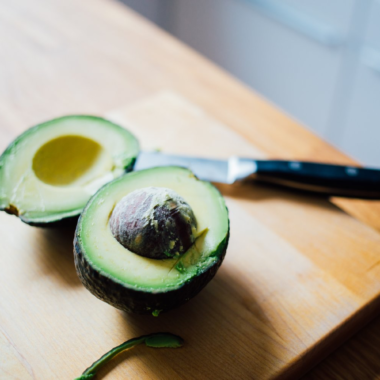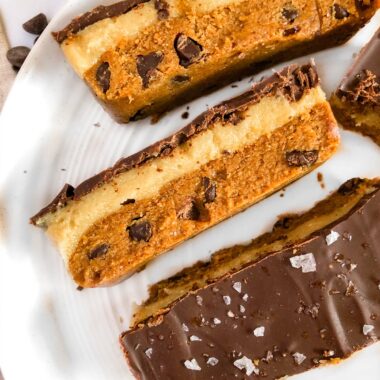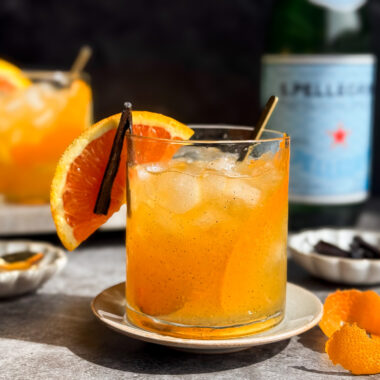Many people question how much water they’re supposed to be drinking to stay adequately hydrated.
There’s no one-size-fits-all when it comes to hydration, so let’s dive into some education!
What’s all the hype about water?
Water is essential for every function in our body. It acts as a cushion for our joints, helps with cell-to-cell communication, aids in carbohydrate digestion, regulates body temperature, transports nutrients, expels toxins from the body, and so much more.
Signs of dehydration
Early Signs
- Fatigue
- Headaches
- Irritability
- Cravings
- Cramps
- Joint pain
- Anxiety
- Depression
Mature Signs (from chronic dehydration)
- Migraines
- Constipation
- Colitis
- IBS
- Heart Burn
- Back pain
- Fibromyalgia
How to get and stay hydrated
There’s a simple equation to know how much water you individually need:
(1.5 x oz of diuretics) + (body weight in lbs / 2) = minimum oz of water intake
Here’s an example of the water that a 150 lb person who drinks 10 oz of coffee a day would need:
(1.5 x 10 oz of coffee) + (150 lbs / 2) = 90 oz water intake for the day
One thing to keep in mind is that coffee is not the only diuretic. Here’s a list of the most common diuretics:
- Coffee
- Alcohol
- Sugary drinks (sodas, any juices, energy drinks, gatorade, etc)
- Caffeinated Teas
- Some herbal teas (such as peppermint, dandelion, hawthorn, etc)
Tips to meet your daily water goal
- Start your day with water. You’ve gone all night without water, so the best thing to do is drink a big glass when you wake up.
- Drink throughout the day, mainly between meals. Chugging all of your water in one sitting isn’t as effective as most people think. Also, keep in mind that drinking a bunch of water during your meal can make it harder to digest your food since it dilutes your stomach acid (which is essential to breaking down food and staving off bloating and acid reflux!)
- Buy a reusable water bottle like this. Say your stats meet the example equation above, if you buy a 30 oz water bottle, then you’ll know that you need three of those bottles a day. It’s easier to keep track of and it helps you always have water on hand. Also, aim for a stainless steal or glass bottle and avoid plastic. It keeps the water fresher (therefore tasting better) and it’s much healthier for you (and the environment!).
- Utilize fruit. Put lemon, lime, or berries into your water for a little extra spunk and flavor.
If you’re interested in reading more about why water is so important, then read the book “You’re Not Sick, You’re Thirsty“ by Dr. F. Batmanghelidj. It’s an easy read and there are a lot of amazing stories about how drinking water can cure diseases and significantly improve quality of life. And if you have a story of your own that you would like to share, then please leave a comment down below!

